When you upgrade from Apple's free 5GB iCloud storage to a paid plan, you get more than a bigger locker in the sky. You get perks. Real ones. Apple bundles these storage upgrades under the iCloud+ umbrella, turning a plain storage subscription into a privacy and productivity toolkit. Paying customers are automatically enrolled in extras many folks do not even realize they have access to.
Here is the strategic twist. Instead of charging piecemeal for every privacy tool, Apple bundles them so the value grows as you compare equivalent services. Pay anywhere from $0.99 monthly for 50GB up to $59.99 for 12TB, and you also unlock tools that could run $15 to $30 a month if purchased separately. It fits the broader Apple ecosystem playbook; once you are in, everything works better together, and leaving gets expensive fast.
Private browsing gets a serious upgrade
Think of iCloud Private Relay as Apple's take on a VPN that is built for Safari, not a blanket fix for all network traffic. It masks your device's IP address and encrypts web traffic so websites, network providers, or even Apple have a much harder time tracking you. Your data takes two hops. Apple strips your IP at the first stop, then a third-party server assigns a temporary one.
That split is the point. No single party can assemble a complete picture of your browsing. Unlike traditional VPNs, Private Relay is lightweight and requires no setup. It focuses on Safari traffic, which helps with performance and battery life.
If you often work on public Wi-Fi, such as in coffee shops, airports, and hotels, this adds quite protection without juggling a separate VPN that might cost $5 to $10 a month. The trade-off is clear: you get automatic privacy for everyday browsing, but you give up the location spoofing that VPNs use for streaming or region-locked content.
There are deliberate limits compared to full VPNs. You cannot change your apparent location for geo-restricted content, and protection does not extend beyond Safari. For day-to-day browsing privacy, though, it is set-and-forget.
Email privacy made simple
Hide My Email takes on a familiar headache, handing over your real address to sites that sell data or spam your inbox. It generates unique, random addresses that forward to your real inbox, so your primary email stays out of sight from marketers and bad actors.
The power is in the control. Spin up disposable addresses when you sign up for newsletters, create accounts, or make purchases. Messages to those masked addresses land in your regular inbox, and you can reply without exposing your real address. Done with a sender, or they get spammy, deactivate that specific address, and the noise stops.
Scale matters here. Breaches exposed 2.6 billion personal records in 2024. Using Hide My Email compartmentalizes risk. For example, if one service is compromised, your real address and the accounts tied to it are still protected. It also plays nicely with Sign in with Apple, a privacy layer that follows you around the web without slowing you down.
Professional email without the complexity
If you want a more polished presence, iCloud+ supports custom email domains. That usually means separate hosting, business email subscriptions, or fiddly DNS steps. Here, subscribers can connect up to five custom domains with up to three email addresses each, so you can use something like "john@smithfamily.com".
Setup is straightforward, buy a domain from a provider like GoDaddy or through Apple, then verify it in iCloud with a simple DNS update. Once it is live, those addresses work in the Mail app across all your devices, with synced contacts, signatures, and folders.
This is a sweet spot for small business owners, freelancers, and families who want professional-looking addresses without the ongoing costs of business email from Microsoft 365 or Google Workspace. Integration goes beyond sending and receiving; your custom domain emails sync across devices, keep the same privacy features as iCloud Mail, and can be paired with Hide My Email for extra protection. Professional and private, in one place.
Smart home security included
HomeKit users get another bonus with iCloud+: secure video storage for compatible security cameras, minus the monthly fees many camera brands charge. Instead of paying $3 to $10 per camera every month, subscribers can store encrypted recordings in iCloud. HomeKit Secure Video uses end-to-end encryption, only you can view your footage, and this storage does not count against your regular iCloud allotment.
That is not just a cost win. Many camera companies can access your footage on their cloud. With HomeKit Secure Video, Apple cannot see your recordings, and processing happens locally on your home hub before the encrypted upload. You also get practical perks like motion detection, recognition for people, packages, and vehicles, plus notifications that get smarter over time.
It works with HomeKit-compatible cameras from brands like Logitech, Aqara, and Eve. Footage is uploaded and encrypted when motion or other triggers fire. You can review recordings in the Home app, build automations, and get alerts that can tell family from strangers, whether you are at work or halfway across the world.
Event planning gets an upgrade
Apple added a new iCloud+ perk in February 2025, the Apple Invites app. Subscribers can create and manage event invitations that work across platforms. Anyone can respond, even without an Apple account, but only iCloud+ subscribers can create events and manage guest lists, locations, timing, and follow-ups.
This puts Apple up against Evite, Facebook Events, and Paperless Post, with Apple’s familiar focus on privacy and smooth integration. Android and Windows users can respond via the web, so mixed-device families and friend groups are covered. The timing hints at a bigger plan, a social coordination layer built on Apple’s privacy-first messaging and calendar backbone.
The family sharing advantage multiplies everything
The sleeper value in iCloud+ is family sharing. One subscription can cover up to five additional family members, each with private storage and the full set of premium features. A family of six gets Private Relay, unlimited Hide My Email addresses, custom domain email, secure video storage, and the new event tools, all under one bill.
Do the math. Comparable services add up fast: a family VPN plan, business-grade email for six, camera cloud storage for multiple cameras, an email privacy tool, you're into $60 to $115 a month. A $2.99, 200GB iCloud+ plan shared across the family covers all of that, plus synced storage, automatic device backups, and tight ecosystem integration.
Apple also threads the privacy needle inside shared plans. Each person’s Hide My Email aliases, Private Relay browsing, and communications stay private. Families still get shared storage pools where appropriate, along with coordinated features like HomeKit Secure Video access and family calendars.
Bottom line: iCloud+ is Apple’s broadest challenge to the subscription pile-up. By bundling privacy, productivity, and security with storage, Apple increases the value the deeper you go into the ecosystem, and makes jumping ship more costly the longer you stay.




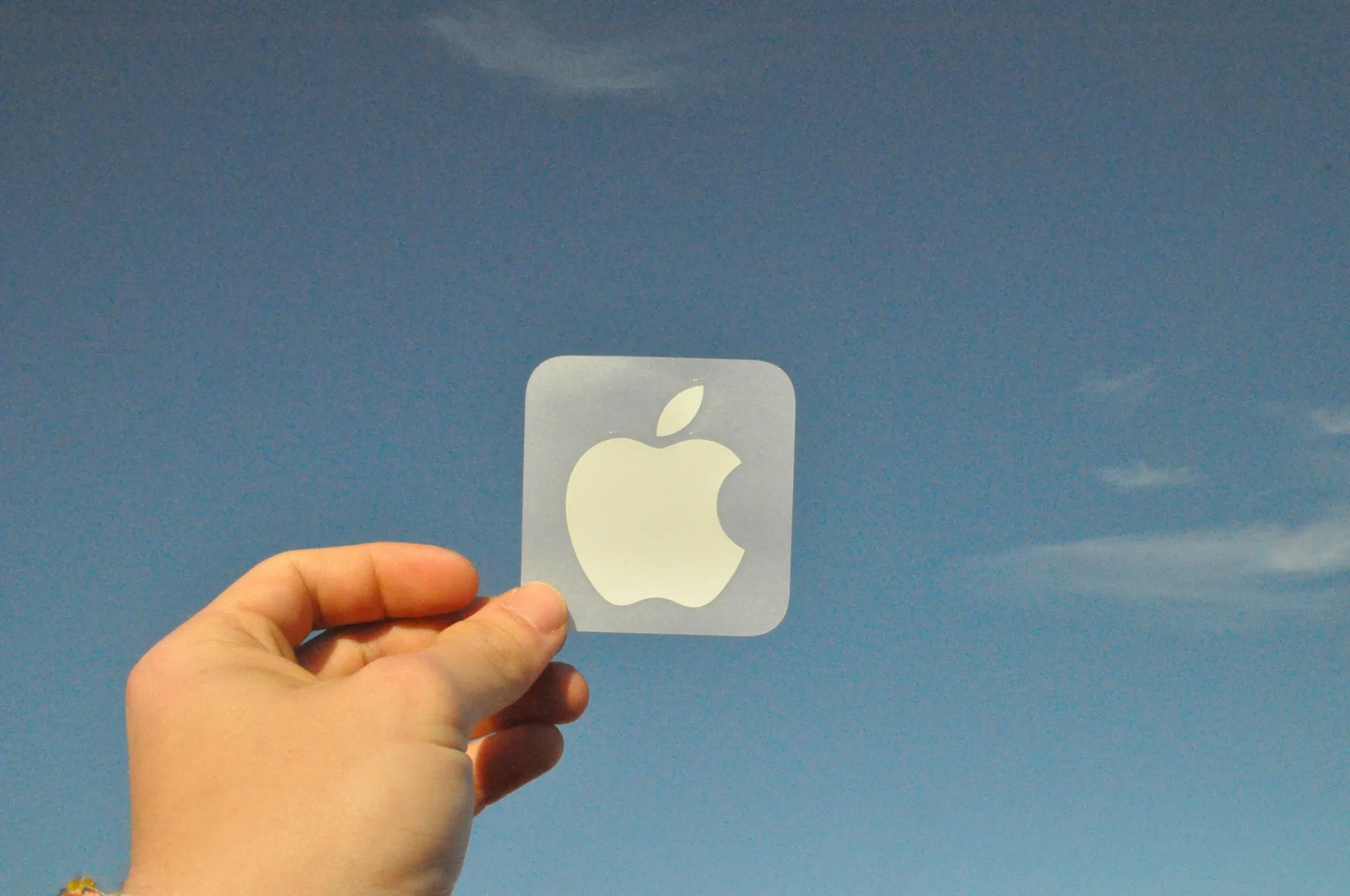
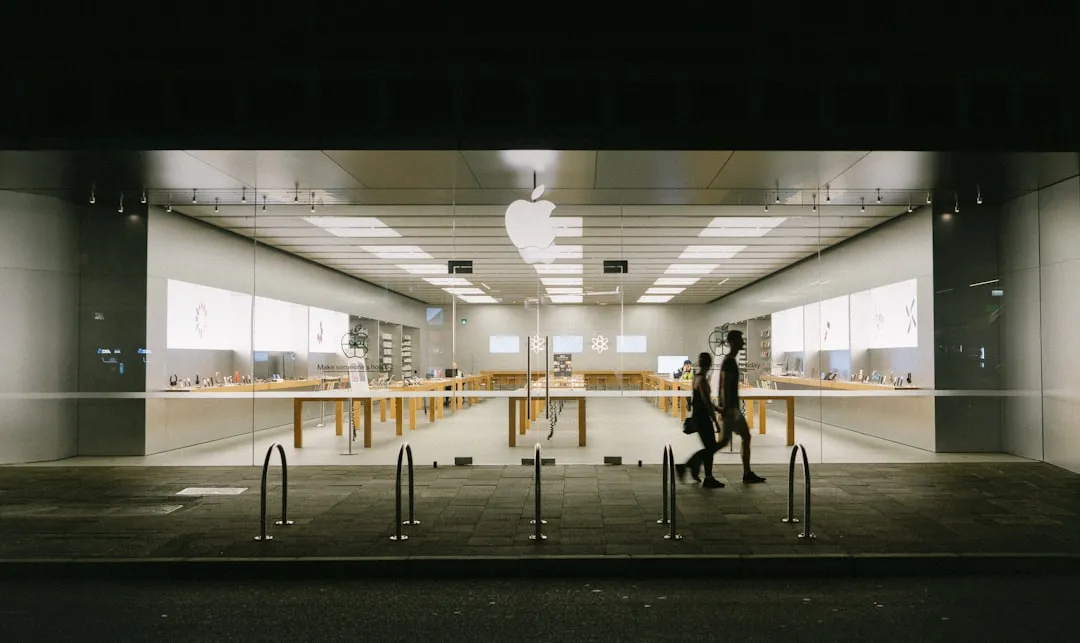


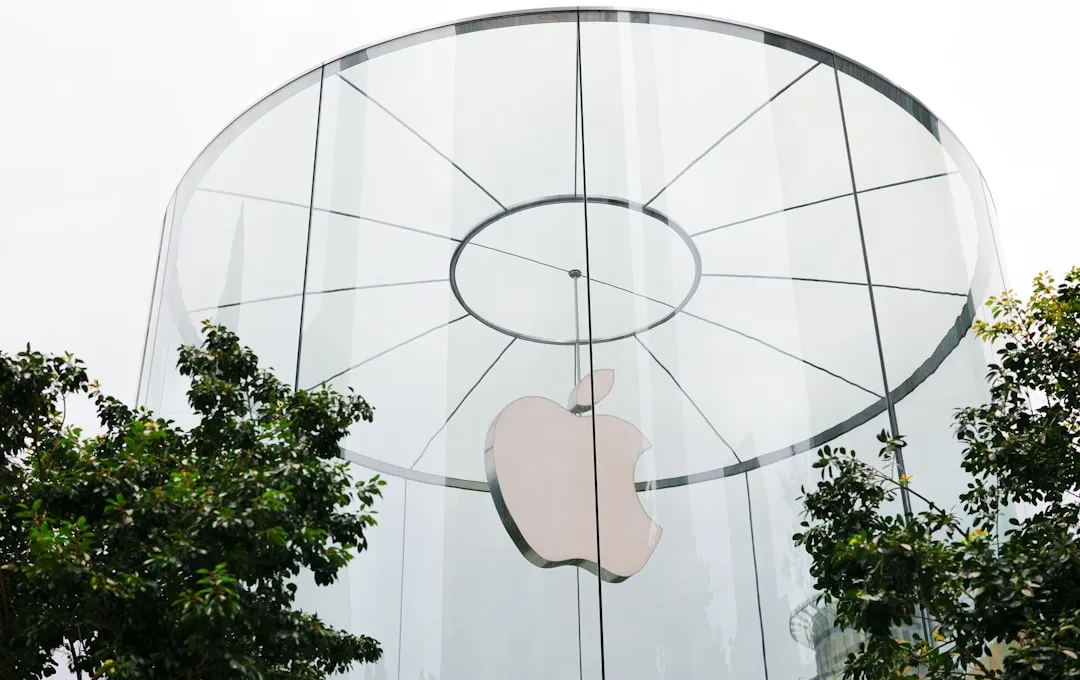
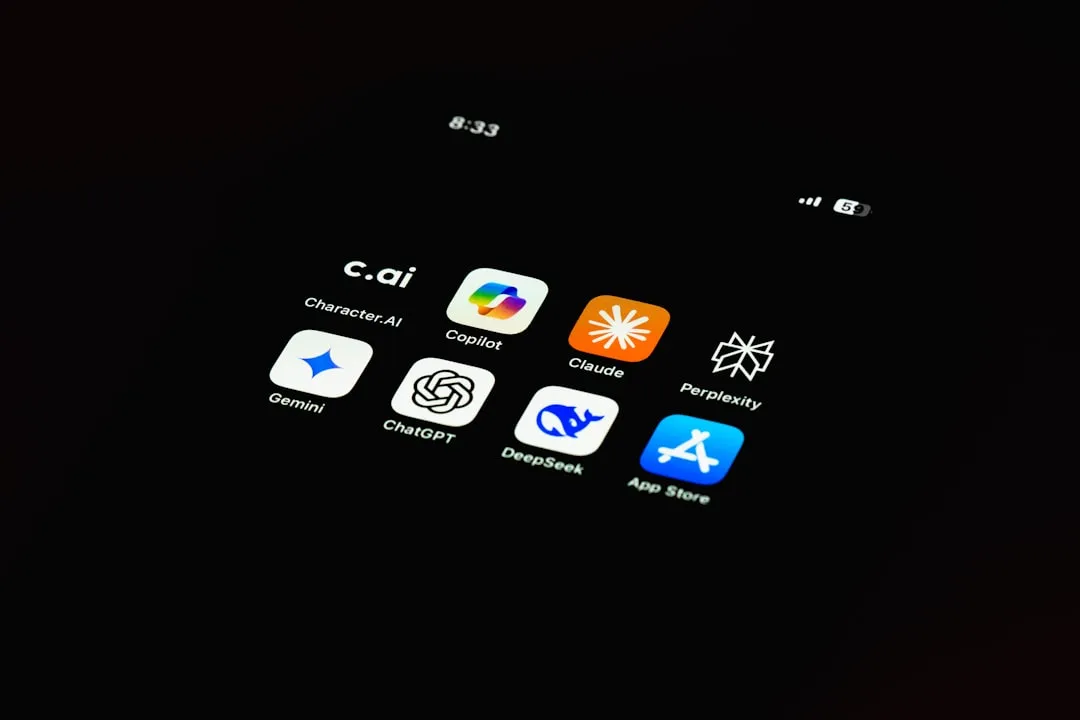








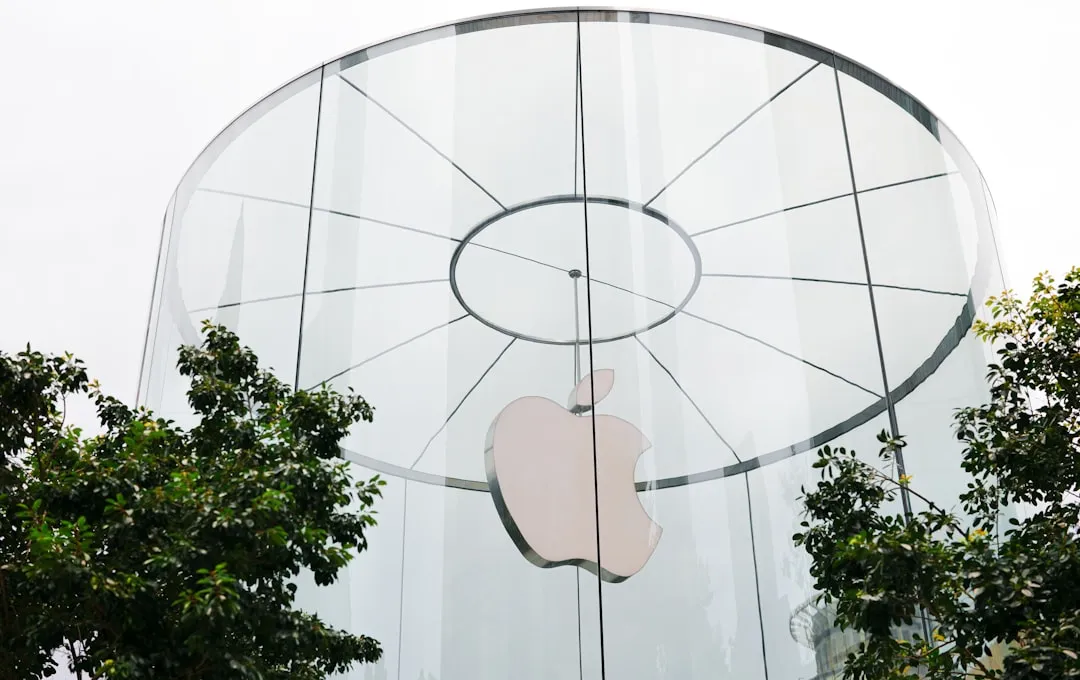
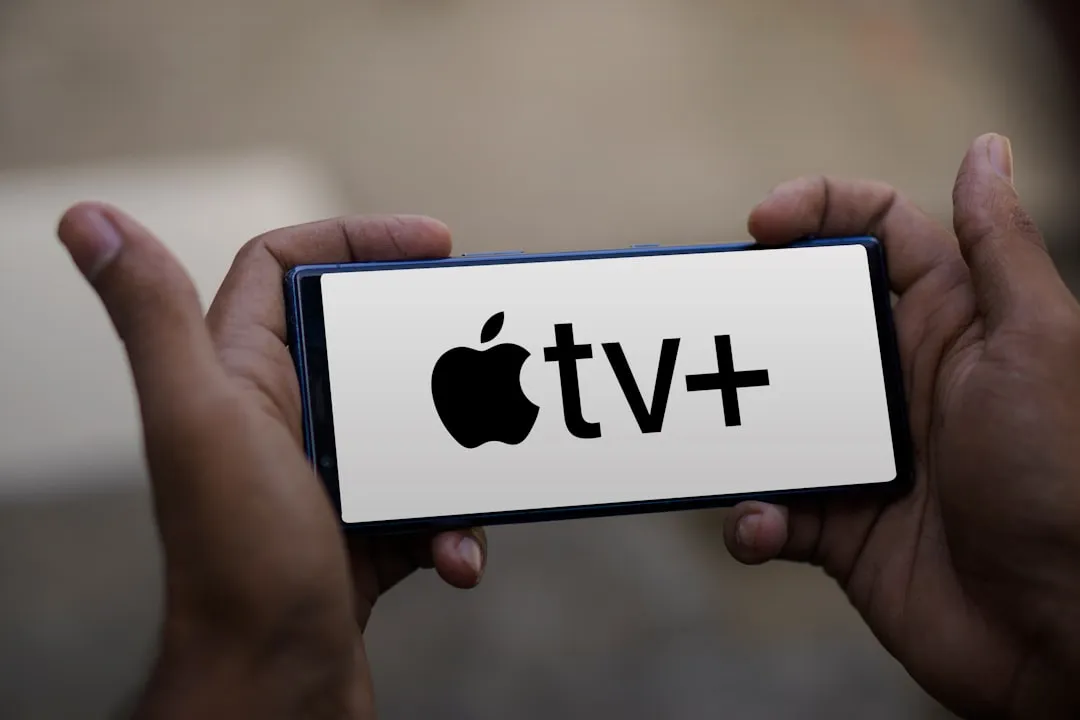
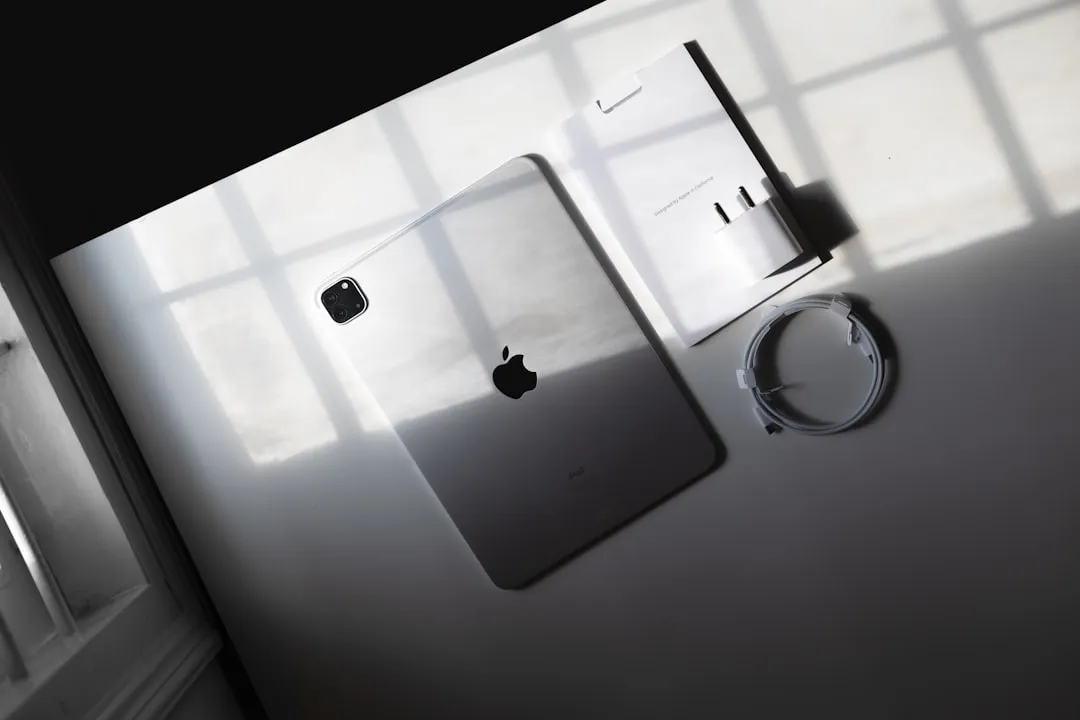

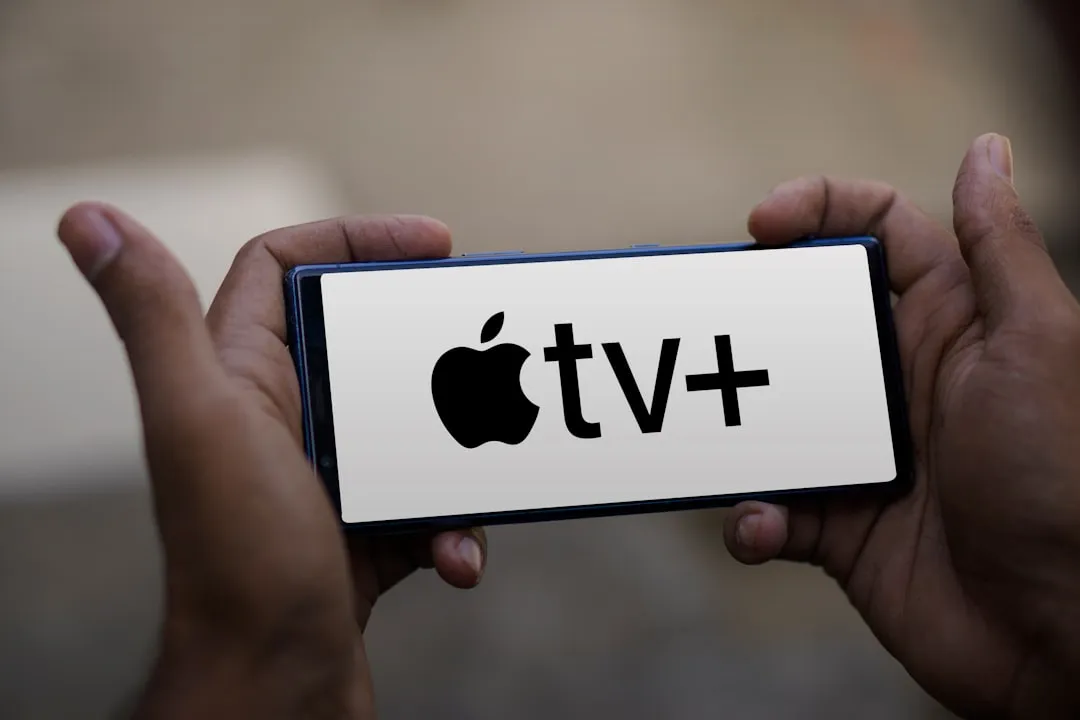

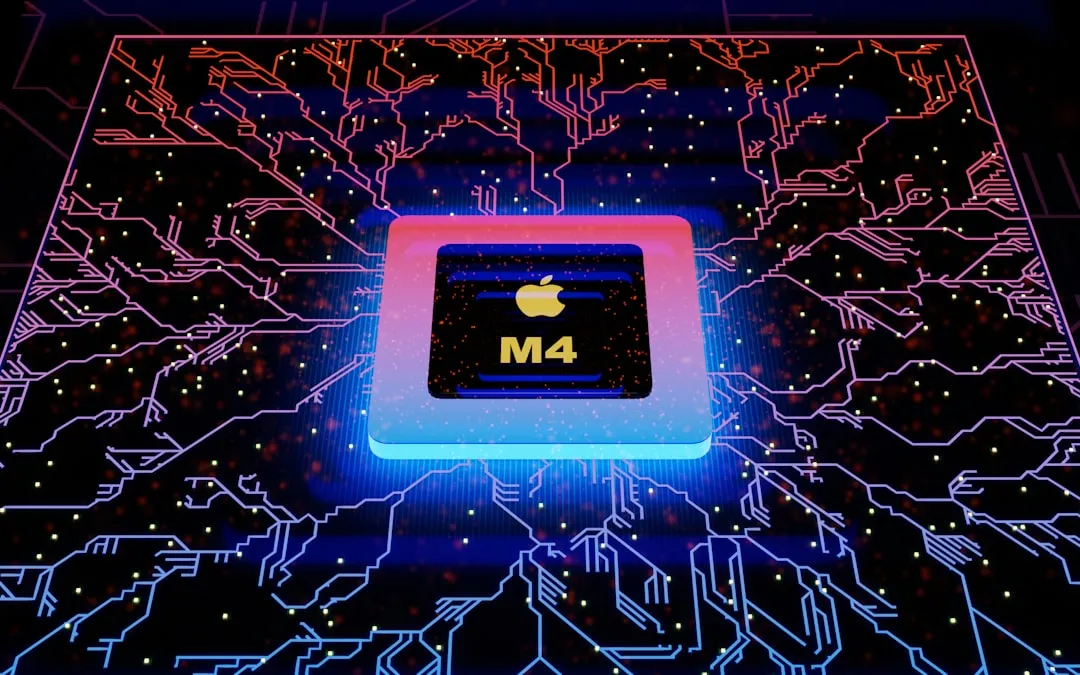
Comments
Be the first, drop a comment!